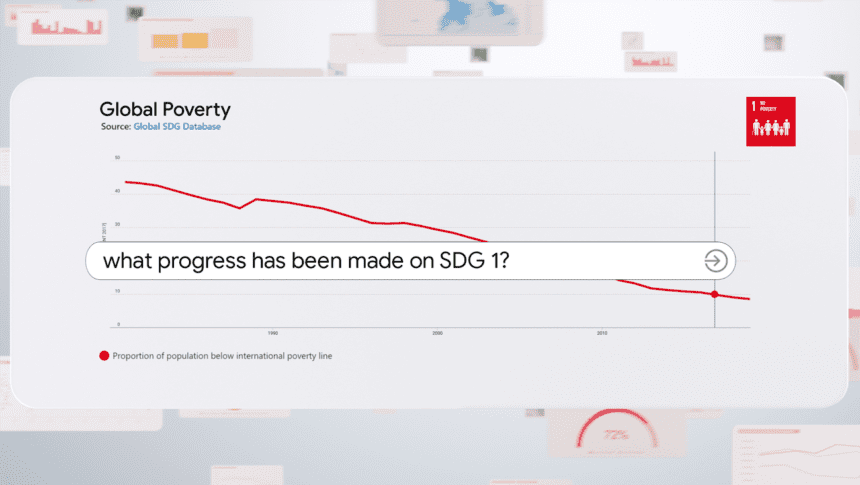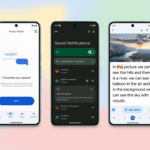Led by the UN with funding from Google.org, the UN Information Commons for the SDGs is a part of the UN information modernization initiative that goals to supply a single entry level for official information and statistics from throughout the UN system. UN SDG information can be now included into Information Commons to be used alongside different datasets, making it extra broadly accessible and permitting nonprofits just like the Nigeria Community of NGOs to track their country’s progress towards the SDGs.
A rising community
UN Information Commons for the SDGs is a component of a bigger Google Information Commons community that features Feeding America, Harvard University’s Institute for Quantitative Social Science, Stanford Doerr School of Sustainability, Resources for the Future, and TechSoup. This rising community is offering nonprofits, researchers and multilateral organizations with higher entry to the world’s publicly out there information.
We’re constructing on this with a brand new collaboration between Information Commons and ONE, a worldwide advocacy group co-founded by Bono that brings collectively activists and NGOs, enterprise and coverage leaders, together with many others from world wide, with hard-hitting information to push for progress in reaching the SDGs. We’ve labored collectively to create a ONE Data Commons, which can carry collectively ONE’s information and evaluation from information.one.org on the financial, political and social adjustments impacting Africa with the 1000’s of publicly out there datasets in Google’s Information Commons.
“Information is crucial to our advocacy as a result of it sharpens our analyses and shapes higher insurance policies, and we’re thrilled to accomplice with Google on this crucial venture,” says Gayle Smith, CEO of The ONE Marketing campaign. “Information isn’t just in regards to the numbers, it’s about empowering individuals to discover and unpack points, amplify their voices, and act collectively to make change occur. We’re assured the info out there on this platform will encourage and allow inventive collaborations to construct a greater future.”
AI’s potential to assist speed up progress
We all know we have now a protracted strategy to go to fulfill the SDGs, and we consider that AI has super potential to assist individuals and organizations speed up progress by decreasing the time and sources required.
Some latest advances have made it simpler to make use of AI to maneuver the SDGs ahead, together with improved AI strategies, elevated and diversified tech deployments, extra funding, elevated AI expertise, and information collaborations. We’ve additionally seen democratization throughout geographies attributable to elevated entry and affordability with cloud, in addition to elevated use of internet-capable cellular gadgets.
Previously 5 years, Google.org has contributed greater than $200 million and greater than 160,000 professional bono hours to organizations world wide utilizing AI to deal with main international challenges. That features awarding $25 million this 12 months to fifteen organizations particularly centered on tasks to advance the SDGs. Our grantees inform us that, on common, AI helps them obtain their targets in a 3rd of the time and at half the price.
Regardless of this heartening progress and the spectacular work from many organizations in AI for the SDGs, reaching the dimensions required to drive affect on international targets stays a big problem. A few of the limitations we’ve noticed are fragmentation of efforts, restricted entry to information and expertise, and lack of know-how sharing. We hope that the UN Information Commons for the SDGs and associated efforts will assist decrease these limitations and advance work to fulfill the SDGs.









